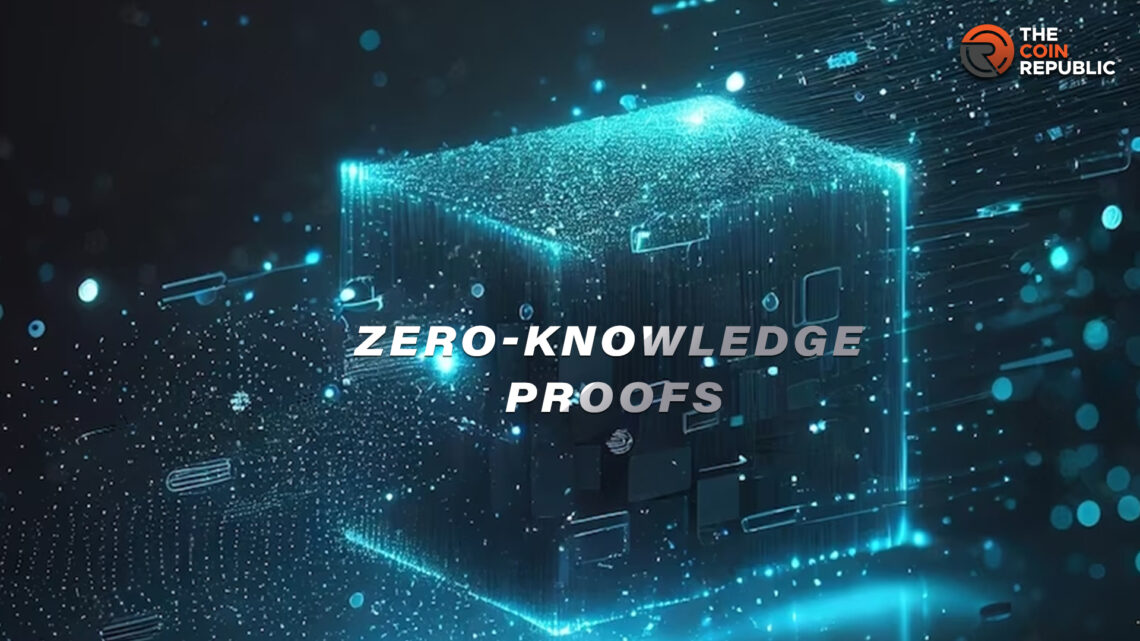- 1 ZKPs enhance privacy in joint ML training.
- 2 Verify computations without exposing data.
- 3 Secure queries on sensitive ML data.
The complex cryptographic technique of zero-knowledge proofs allows one party (the prover) to prove to another (the verifier) that they have certain information or can accomplish a job without revealing the underlying information or how the task is really performed. This sets zero-knowledge proofs apart, making them useful for many machine learning uses that prioritize privacy, security, accountability, and verifiability.
1. Privacy-Preserving Machine Learning
Zero-knowledge proofs can enable different parties to jointly train machine learning models on combined datasets, without exposing their individual datasets to each other. For example, hospitals can use ZKPs to train diagnostic models on aggregated patient data from multiple healthcare institutions, without compromising patient privacy. The ZKPs guarantee that each hospital trains the model properly on their real data, without revealing the actual patient records. This allows for building more robust models while preserving privacy.
2. Verifiable Computations for ML
Machine learning model training involves extensive computational work. ZKPs allow ML providers to prove to users or auditors that they have correctly performed the specified computations to train a particular model, without revealing the model itself or the training data. This enables verifying the integrity of outsourced or delegated computations.
3. Fairness and Accountability of ML Models
There are growing concerns about bias and discrimination in ML models. ZKPs can be used to formally verify that a model satisfies certain fairness properties or does not discriminate based on protected attributes like race, gender, etc. This provides a mathematically sound way for ML developers to demonstrate accountability and compliance.
4. Secure Queries on ML Models
Organizations often need to query ML models on sensitive or confidential data. ZKPs allow such queries while keeping the query data private from the model owner, and preventing the query party from learning anything more beyond the output of the query. This enables building data services using ML without compromising data security and privacy.
5. Intellectual Property Protection for ML
ML researchers and companies can use ZKPs to prove that their model achieves stated accuracy, fairness, or other metrics without revealing the model itself. This helps protect their IP and prevents theft by malicious actors. For instance, an autonomous vehicle company could prove its self-driving car system meets certain safety standards without exposing the underlying ML models.
In Conclusion, zero-knowledge proofs provide a game-changing capability for machine learning systems – the ability to validate claims about ML models and results without exposing sensitive training data or proprietary model details. As ML becomes more pervasive across domains like healthcare, finance, transportation, etc., ZKPs can play an invaluable role in enabling responsible and ethical adoption of ML by enhancing privacy, security, fairness, and verifiability. The research into ZKPs is still evolving rapidly. But their applicability for AI/ML is promising and we are likely to see many innovative use cases emerge in the near future.

Nancy J. Allen is a crypto enthusiast, with a major in macroeconomics and minor in business statistics. She believes that cryptocurrencies inspire people to be their own banks, and step aside from traditional monetary exchange systems. She is also intrigued by blockchain technology and its functioning. She frequently researches, and posts content on the top altcoins, their theoretical working principles and technical price predictions.


 Home
Home News
News








